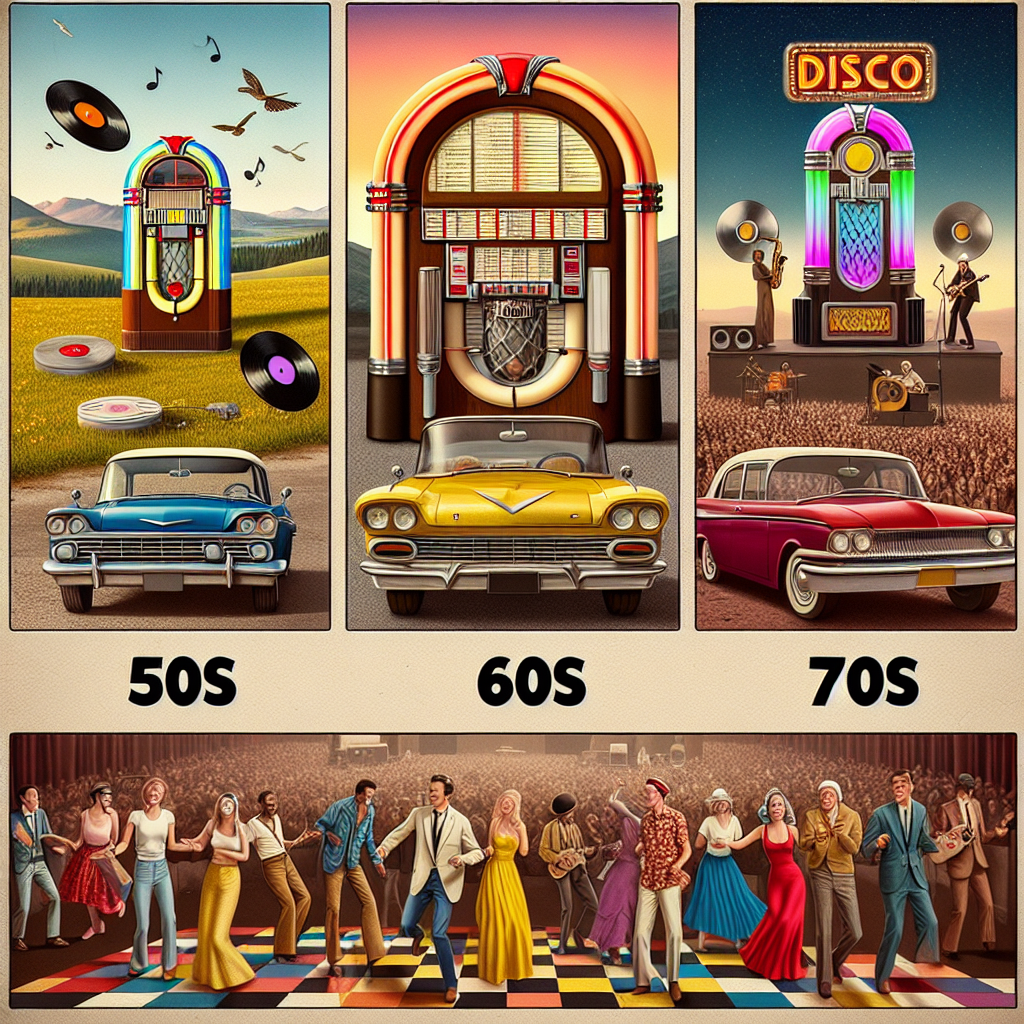Woodstock was arguably the most iconic music festival of the 1960s, and its impact on music, culture, fashion, and technology continues to be felt today. The three-day event held in August 1969 in upstate New York brought together hundreds of thousands of people for a celebration of peace, love, and music.
The lineup featured some of the biggest names in music at the time, including Jimi Hendrix, Janis Joplin, The Who, and Crosby, Stills, Nash & Young. The performances were legendary and showcased the diversity of musical talent that was emerging during this era.
But Woodstock was about more than just the music. It was a cultural phenomenon that reflected the counterculture movement of the 1960s. The festival embraced ideals of peace, love, and unity at a time when the country was divided over issues like civil rights and the Vietnam War.
Politicians at the time were quick to criticize Woodstock as a gathering of rebellious youth engaging in drug use and promiscuity. However, many attendees saw it as a peaceful protest against war and injustice. The festival became a symbol of hope for a generation looking to create a better world.
Woodstock also had a significant impact on fashion. The style of dress at the festival – bell-bottoms, tie-dye shirts, fringe vests – became synonymous with the hippie movement. It represented a rejection of mainstream fashion norms in favor of individual expression and freedom.
Additionally, Woodstock showcased advancements in technology that allowed for such a large-scale event to take place. From sound systems to stage lighting to portable toilets, organizers had to think creatively to accommodate such a massive crowd. Despite logistical challenges like traffic jams and food shortages, the festival managed to run relatively smoothly thanks to innovative solutions.
Looking back on Woodstock now, it’s clear that its impact is still being felt today. The spirit of peace and love that permeated the festival continues to inspire movements for social justice and equality. The music from Woodstock remains timeless and influential across generations.
As we reflect on Woodstock’s legacy, let’s remember it not just as a music festival but as a cultural moment that defined an era. It showed us what is possible when people come together in pursuit of something greater than themselves – whether it’s through music, art, activism or simply being kind to one another.


Get involved!
Comments